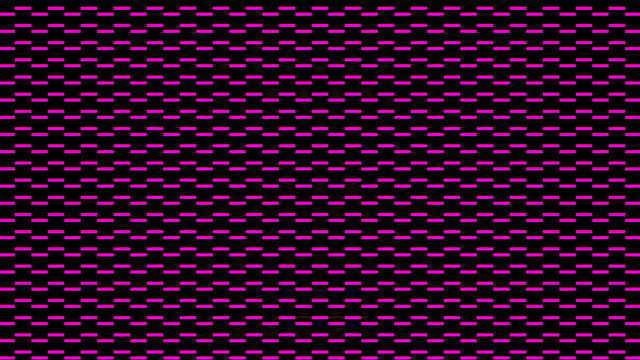A thing is as it is, essentially the way it is, because of what it is, and it is what it is, simply by existing. So, if there is a general, instantiable qualifier, say cadence, there is nothing that makes cadence, cadence, but can render cadence, a property. Any, or all, properties of a thing can be modified during creative processes, say by acts of transformation, so that one thing can be re-rendered as another thing.
While the definition has distinct outlines for determining and assembling properties, the constraints of creative acts, are virtually, limitless. The interdependence of properties exponentially expands the results of creative acts, either through structure or improvisation, to derive versions and variations of both understood and mysterious things.
The first definition holds that an object is an entity that fails to experience and that is not conscious. The second definition holds that an object is an entity experienced.
In other words; one thing, leads to another.
Humorism is a quintet of media works, all derived from a series of simple repetitive dance gestures, performed by Sanborn’s long-time muse-Sarah Cecilia Bukowski. Vexations and variations were then created to articulate various properties of a “thing”, using propaedeutic AI, rendered over progressive, multiple generations of processing, so that what “is” becomes a question rather than an answer.
Clearly the frequencies and cycles of dance are present, connecting the resulting abstract painterly experiences with the human body, but by overtly erasing the form, the elemental substance becomes more distinct.
In other words, spend less time on definition, and more on transformation









